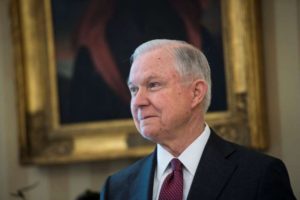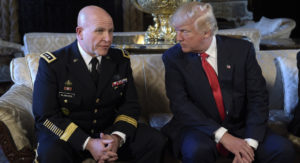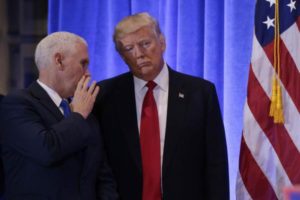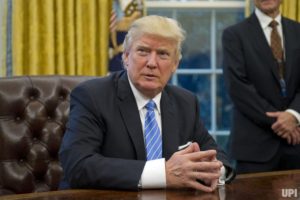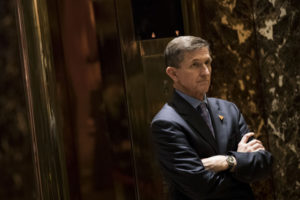The White House says it’s too early to call for a special prosecutor to investigate the president’s relationship with Russian government officials.
Actually, it’s not too early. Not at all.
At issue is whether U.S. Attorney General Jeff Sessions should lead that probe. I don’t believe he should. Neither do congressional Democrats. Nor do a number of leading congressional Republicans.
We are entering some seriously rough waters as they regard the president of the United States.
Donald J. Trump has this curious man-crush on Russian President Vladimir Putin, whose own government has been accused of trying to manipulate the 2016 U.S. presidential election. Intelligence organizations have declared that the Russians tried to hack into our political computer networks in that endeavor; Trump keeps denying it happened.
There is a compelling need to get to the truth. Sessions is too close, too friendly, too allied with Trump to be trusted to give such an investigation the push it needs.
White House spokespersons are calling on Congress to launch investigations. I, for one, am not sure I can trust Congress to conduct such a thorough, bipartisan probe; I point to the ridiculous investigation into Hillary Rodham Clinton’s e-mail “scandal,” which produced nothing on which to prosecute the former secretary of state.
This story has many alleys down which investigators should travel.
Did the president order former national security adviser Michael Flynn to talk to the Russian ambassador about lifting sanctions leveled against the Russians? When did Flynn lie to the vice president about those discussions and did the president know about it before the vice president knew? Was there a violation of the Logan Act prohibiting unauthorized agents from negotiating with foreign governments?
Who’s going to find the truth?
Special prosecutors aren’t a new concept. Congress has appointed them, they have produced riveting results.
Donald Trump might be in serious trouble. Then again, he might be as clean as he says he is.
Let’s turn a special prosecutor team loose to find the truth.
Now!
